Brooklyn’s Tokens: Beyond ‘The Lion Sleeps Tonight’
Brooklyn high school corridors in 1955 buzzed with a quiet magic. There, a quartet dubbed the Linc Tones, featuring young Neil Sedaka, Jay Siegel, and Hank Medress among others, wove harmonies born of teenage yearning.
Fast forward to 1960, and the group got a fresh makeover, evolving into The Tokens. This transformation happened when Mitch and Phil Margo hopped aboard, one just a kid, the other already boasting a solid baritone, bringing a new dynamic and an almost uncanny vocal blend.
Then came 1961, the year that cemented their legend. Their slick, doo-wop spin on Solomon Linda’s ‘Mbube,’ which we all know as the soaring ‘The Lion Sleeps Tonight’ shot to number one in the U.S., holding court for three weeks. It even snagged a gold record, selling a million copies! Sure, they had other hits like ‘Tonight I Fell in Love,’ ‘I Hear Trumpets Blow,’ and ‘Portrait of My Love,’ but let’s be real, none left quite the same indelible mark as that iconic jungle lullaby.
Beyond the stage, The Tokens quietly built a powerhouse behind the scenes. Through Bright Tunes Productions and their very own B.T. Puppy Records, they practically became hitmakers for other artists in the 1960s. Think classics like ‘Denise’ for Randy and the Rainbows, The Chiffons’ ‘He’s So Fine’ and ‘One Fine Day,’ and even Tony Orlando and Dawn’s smash ‘Knock Three Times.’ What was pretty rare for vocal groups back then was that The Tokens often played their own instruments on these sessions, which really gave their recordings an authentic vibe.
Eventually, the internal cracks started to show. Medress headed out in 1973, and Siegel teamed up with the Margo brothers for a new project called Cross Country, which even scored a Top 40 hit with their take on ‘In the Midnight Hour.’ Meanwhile, Mitch and Phil Margo kept the spirit of The Tokens alive on tour, eventually passing the torch to family members like Noah, Ari, and Damien Margo. It’s a living testament to their simple, yet brilliant, motto: “If you hang around long enough you can grow your own band.”
Their incredible journey earned them a spot in the Vocal Group Hall of Fame in 2004. And get this: in 1998, they snagged a Guinness World Record for belting out the Star-Spangled Banner in all thirty major league ballparks in a single season! Decades may have passed, but their harmonies still have that uncanny, timeless quality true to Brooklyn’s golden era.
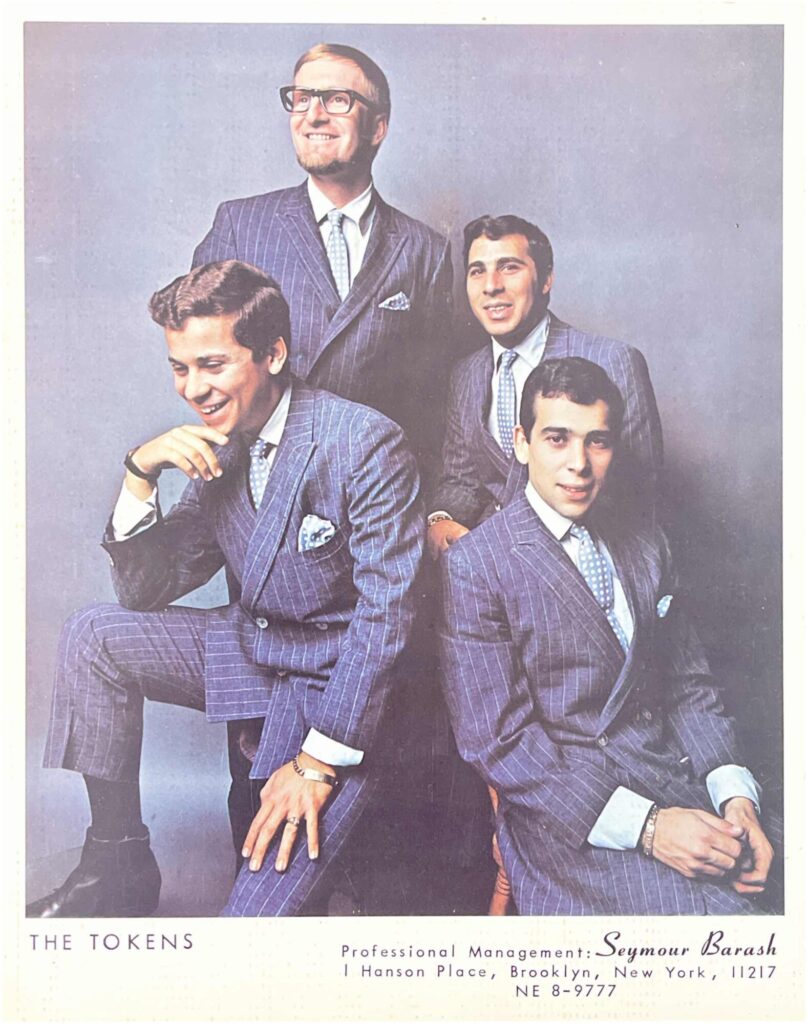
“I think harmonies are one of the most beautiful natural phenomena.”
When people call The Tokens a “legacy act,” how do you feel about that label? Do you see it as a way to preserve the past or something that’s too focused on nostalgia?
Noah Margo: I’m not sure who exactly is calling us a “legacy act,” except for maybe us. But to those that view us as such, sure, that’s exactly what we are. We are the children and grandchildren (nephew and grandnephews) of the original group members Phil and Mitch Margo. We are thrilled to have the chance to preserve their music. There’s so much of it to share that is still relatively unknown, and we get to slowly put it out there along with the more known hits.
The Tokens’ music has been part of pop culture for decades, especially with ‘The Lion Sleeps Tonight’ showing up in movies, TV, and commercials. Was there ever a moment when you saw it used in media that gave you goosebumps or made you feel especially proud?
I had just joined the group when The Lion King was released. That was quite incredible, as it put the song back on the charts and I got to share in the resurgence of its popularity. We played great venues, did a slew of TV appearances, and rode in parades. We were all over. We even did a five-minute cameo on a Japanese game show for the Fuji network. It was surreal. It still gives me goosebumps. But I think the most poignant moments were at some autograph signings when veterans of the Vietnam War would approach us and tell us stories about how The Tokens’ music got them through that horrendous experience. That hit a nerve every time.
The band’s history is rich with lineup changes and reinventions. How do you approach keeping the spirit of The Tokens alive while still allowing room for evolution?
I’m not so sure about the lineup changes. Sure, there were plenty of musicians, including myself, who have been a part of either the West Coast or East Coast touring versions of the group. But I think as far as the creative forces, it was always Phil, Mitch, Hank, and Jay. The reinventions are more evident in the ‘Intercourse’ and Cross Country albums. Our current configuration is more focused on “educating” our audiences about The Tokens’ musical achievements. We do wrestle with the idea of releasing something new, but we haven’t found the right project yet. I keep telling my son to help me whip up a modern doo wopp number that can hit the charts against Taylor Swift and Tyler the Creator, but we’re not there yet.
Over the years, you’ve played to audiences from different generations. Have you noticed any changes in how younger crowds connect with your music? Any particularly memorable fan encounters?
So my father wrote a very, very off-Broadway piece called ‘Everyone Knows The Lion Sleeps Tonight,’ and we performed it a few times in Los Angeles. I think that was the origin of what we do now — tell the story of the Margo brothers and The Tokens. That seems to resonate with most generations of audiences that we perform for nowadays. They always react with, “I didn’t know The Tokens did all that.” But to be perfectly honest, our best audiences are the OGs. Most of them inhabit retirement communities and such, but they do not hesitate to leap to their feet both during and after our shows. The “Lion” continues to allow us to connect with younger crowds, but they’re not as invested in the whole genre, which is what we are really all about, the great music of the 60s and 70s and the part The Tokens played in all that.
Looking back on the band’s trajectory, is there a particular concert, recording session, or milestone that stands out as especially meaningful?
Sure… the Georgia Dome in Atlanta. We did that show with Little Richard and a host of other huge 60s acts. It was probably our biggest show. More recently, our new configuration had the opportunity to perform at the Greek Theatre in 2023 as part of a celebration of life for the P-22 mountain lion. That was something else. Since then, we have become the unofficial band for P-22. I think recording-wise, my father and uncle had asked me to overdub some drums on the ‘Esta Noche El Leon Baila’ album. That was a once-in-a-lifetime moment as well.
The Tokens have always been more than just performers. There’s the production side of things too. Can you talk about the group’s role in shaping the sound of other artists like The Chiffons and Randy and the Rainbows?
Since I wasn’t there, I can only share stories that my father told me. As far as ‘Denise,’ the Randy and the Rainbows hit, I know this… Phil played drums on that record. Max Weinberg, Bruce Springsteen’s drummer, once said that “Denise” was one of his favorite drum records, although at the time he did not know who played on the original recording. That’s cool. I also know that The Tokens wore leather-soled shoes and stomped on wooden soda crates to create the percussion effect. Lastly, the final recording is actually two separate takes spliced together.
The Chiffons are another example of what The Tokens could hear from just listening to a song. Ronnie Mack, who wrote ‘He’s So Fine,’ brought the song and the girls into The Tokens’ production office at Capitol Records. The Tokens loved the song and shopped it around. By the time they got to Laurie Records, the executive at Laurie locked the door to keep them in until they had a deal. Another story about that song is that it originally started right on the verse, but it was the mixing engineer who suggested adding the “doo langs” at the top. And of course, it is my father on drums, because The Tokens had burned through their recording budget and had to play the instruments themselves. Playing ‘Phil’s fill’ when we perform that number is one of my drumming highlights.
The lawsuit over ‘The Lion Sleeps Tonight’ is a well-documented part of The Tokens’ story. How do you reflect on that battle today? Do you feel justice was ever served?
Absolutely not. There were really two lawsuits… The Tokens’ failed suit and Solomon Linda’s estate, who did prevail. It is unfortunate that The Tokens’ case was thrown out on a technicality. The Tokens played a significant part in creating the 1961 version of that song and never received the credit they deserved. Looking back, it wasn’t so much about the money. We’re having a great life. It’s about the recognition of The Tokens’ accomplishments in the record industry that are often overlooked. My Uncle Mitch liked to say we are inductees of the Rock and Roll Hall of Secrets.
With so many classic hits under your belt, how do you decide which songs make it into the live setlist? Do you try to balance fan favorites with deep cuts?
We try to choose songs that the audience will know or know something about. Over the last three years, we have incorporated a bit of ‘Intercourse’ and Cross Country into the show. The group, and especially my son Solomon, love playing Cross Country. The audience doesn’t really know about that project as much, although that album’s version of Wilson Pickett’s ‘In the Midnight Hour’ was a Top 40 hit. We try not to go too deep, at least for now. We did also add The Tokens’ 1970 version of Joni Mitchell’s ‘Both Sides Now’ into the setlist. It’s so unique and “Token-y.” I still have a few more deeper tracks that I’m trying to convince the group to add. And perhaps one day, if we can get a big horn and Latin percussion section, we can perform several numbers from Esta Noche El Leon Baila.
Performing iconic songs for decades can’t be easy. Do you ever find new meaning in these songs as you continue to perform them over the years?
I do. As I’m watching the songs through the next generation’s eyes. I’m the old man in the group now. I get a deeper appreciation for the choices that the original group made as far as vocal arrangements, instrument selections, and the recording process. I study specific drum parts. I like trying to follow my father’s work or the work of some of the great session guys that The Tokens used. Recently, I’m starting to work on adding some harmonies. I never did get to sing with my father and uncle, but I am trying to sing more with my son. It has to be genetic, right?
Beyond music, you’ve worn many hats… playwright, children’s author, teacher, handyman, and more. Do any of these roles influence how you approach performing or working with The Tokens?
Not to mention 13-year member of the Beverly Hills Unified School Board, which I just completed on December 17. I think with any creative type, everything influences everything. I can’t separate my creativity from politics, and I certainly can’t remove diplomacy and tact from the business side of The Tokens. I have sat in front of audiences for over thirty years, be they in theaters, classrooms, or boardrooms. I think that is my strength. The Tokens’ show is educational. My teaching was entertaining. When I presided over board meetings, I treated them as much a show as a public meeting. That kept the meeting moving along and allowed me to interject humor as part of my governing style. Everything connected and made me a little better at everything else.
The story of how The Tokens formed at Abraham Lincoln High School in Brooklyn is legendary. Do you feel like you could share about the early beginnings of the band?
I’m not really an authority, as I wasn’t there, but I have heard plenty of stories. I know that Phil and Mitch were harmonizing and singing back when Phil was 14 and Mitch was 9, and they were asked to sing at a Lincoln High School dance. They sang the Everly Brothers’ ‘(All I Have To Do Is) Dream.’ (Solomon got to perform it with his grandfather a few years ago, and the number is still in our show.) Years later, Phil was introduced to Hank, who had worked with Jay Siegel in a group called Darryl and the Oxfords, which had featured Neil Sedaka. That earlier configuration was known as The Linc-Tones. After several personnel changes, Jay and Hank recruited Phil and Mitch, and the rest is history.
Family has played a big role in The Tokens, with multiple generations taking part. How does it feel to share the stage with family members? Do family dynamics ever play a role in how you approach the music?
On the road, I took a lot of photos from behind the drum set looking at my father and uncle. I never took those moments for granted. I knew they wouldn’t last forever, and I wanted to cherish them. I cherished every moment on stage, and I know that my son and nephew do as well. When I toured with my father and uncle, it was almost first as a fan being allowed on stage. It took me years to feel that I deserved to be in the group. But I did play a strong part in their touring success over the first couple of decades I was with them. Now I get to spend time with my son and nephew. We strategize about setlists, touring, and personnel. It’s a lot of fun. We are realistic about who we are and what we are doing. Performing this music has helped me deal with the loss of my father and my uncle. I think the world will never really know how amazingly talented they were, so that’s kind of my side project in life — for now.
Can you share a story or moment from your time with The Tokens that you think really captures the essence of the band?
I think turning a group of concertgoers into an audience was a special skill set that we had and still have. Nobody knows what to expect when they come to see us. They figure they are going to hear ‘The Lion Sleeps Tonight’ and maybe a couple of other hits, certainly not almost two hours’ worth of musical gold that all relates back to The Tokens. Sometimes audiences are just getting out and seeing a free concert. Sometimes they are the first person in line for an autograph on their original vinyl of one of our hits. No matter who they are, by the time we are done with our show, we have united the crowd and reminded them all of something that they have in common: the music of The Tokens.
There’s something timeless about doo-wop harmonies.
I think harmonies are one of the most beautiful natural phenomena. Like the perfect sunset or a fresh snowfall, harmonies are unifying. They remind us how good things can be when we work together. And they are so simple in theory — a chord using voices. Who would have thought? I liken good harmonies to that moment after a football game when opposing players, who just went to battle for sixty minutes, hug and congratulate each other. It’s human beings at their best.
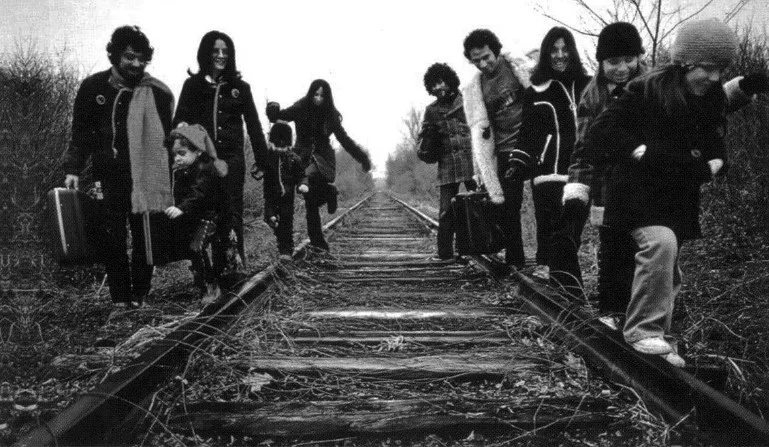
What do you know about the less known project called Cross Country?
Ahhhh… my favorite Tokens album, although it was minus Hank, as he had left the group. My Uncle Mitch wrote all but two songs on that album. It actually just celebrated its 50th anniversary last year. My son (also a huge fan) describes it as having a sort of CSNY vibe. There is not a track on that album that I would tell people to skip. “Choir Boy?” Oh my God! It makes me shudder with joy, and Mitch didn’t even write that one. ‘Smile Song,’ the closer… holy shit! Where did that come from? The musical talent that appeared on that album is remarkable. We do the best we can to duplicate it on stage, as we are now performing three numbers from that album. As albums go, I feel The Tokens had three great ones, ‘Intercourse’ from 1966, Cross Country from 1973, and ‘Esta Noche El Leon Baila’ from 1998. Listen to them all.
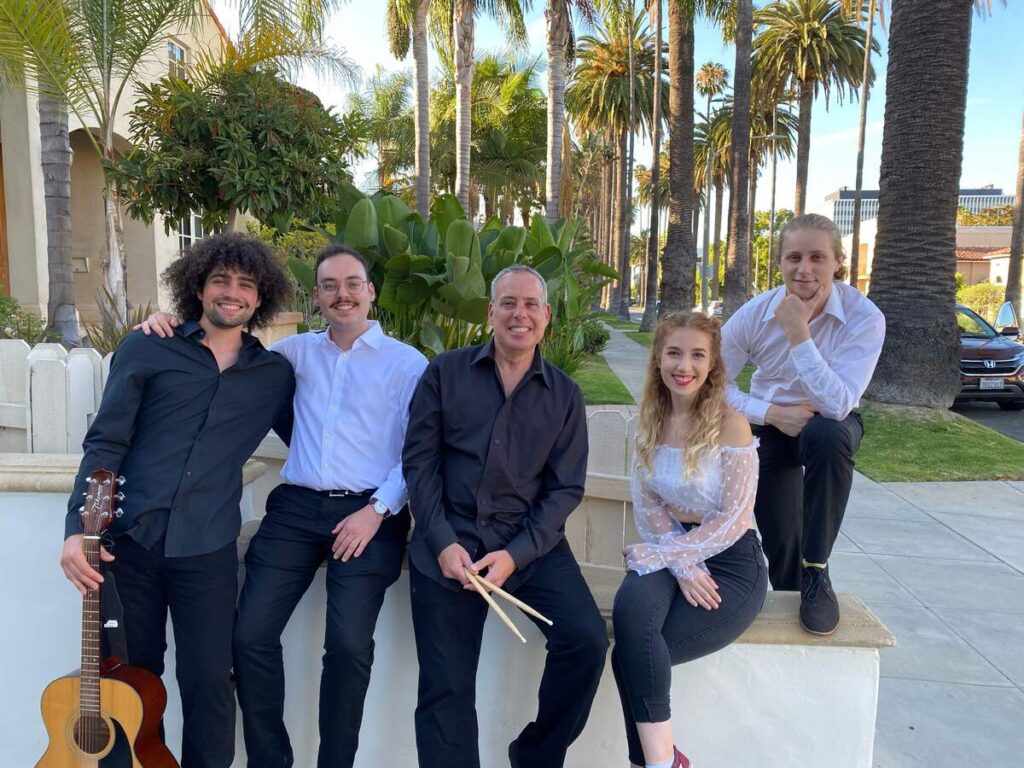
What’s next for you?
We are working on our touring schedule for 2025. I also would like to have us perform with Jay Siegel at some point before he retires. My son, Solomon Margo, has his own music projects that he is working on, and I throw my two cents in from time to time. He’s painfully talented and is definitely taking the scenic route to any possible success, but I do believe in him. Lastly, I am trying to conceive of a Christmas project. I have a germ of an idea. It may be the way to get back into the mix. We’ll see.
Klemen Breznikar
The Tokens Website

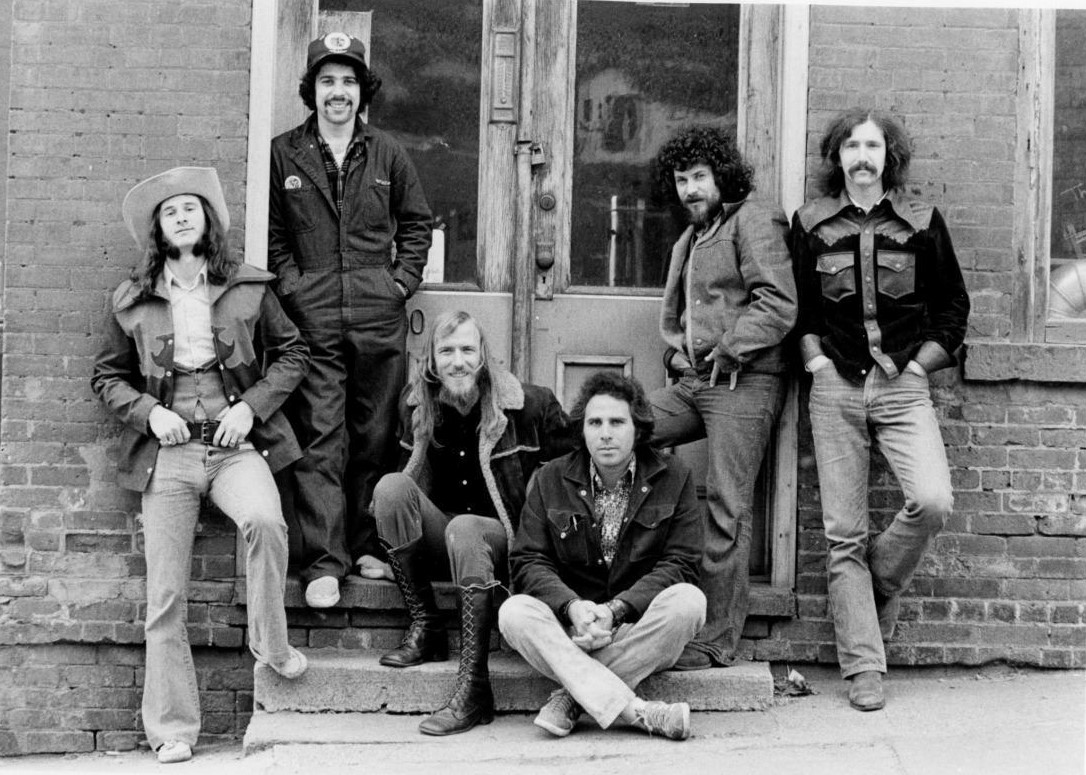
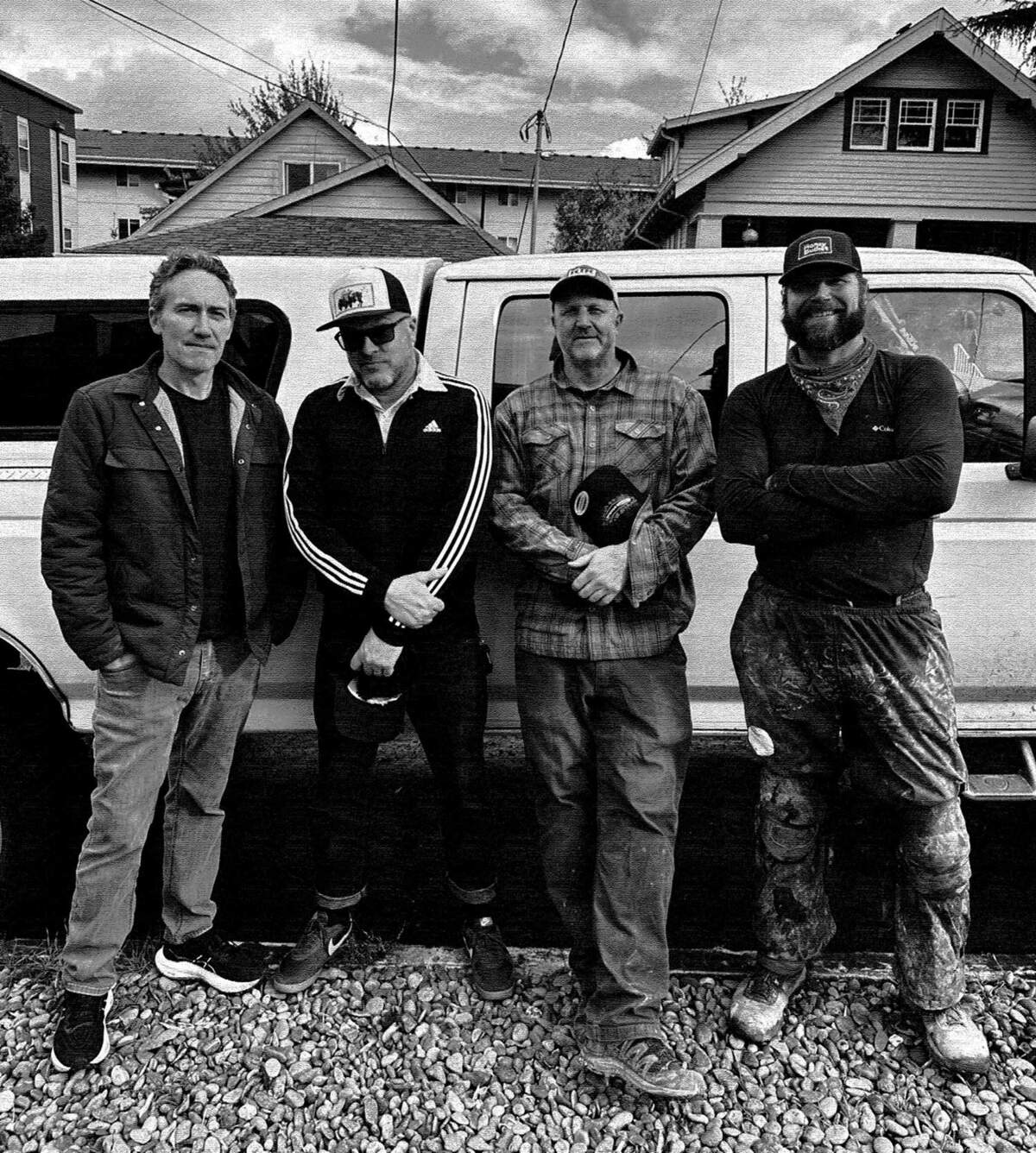
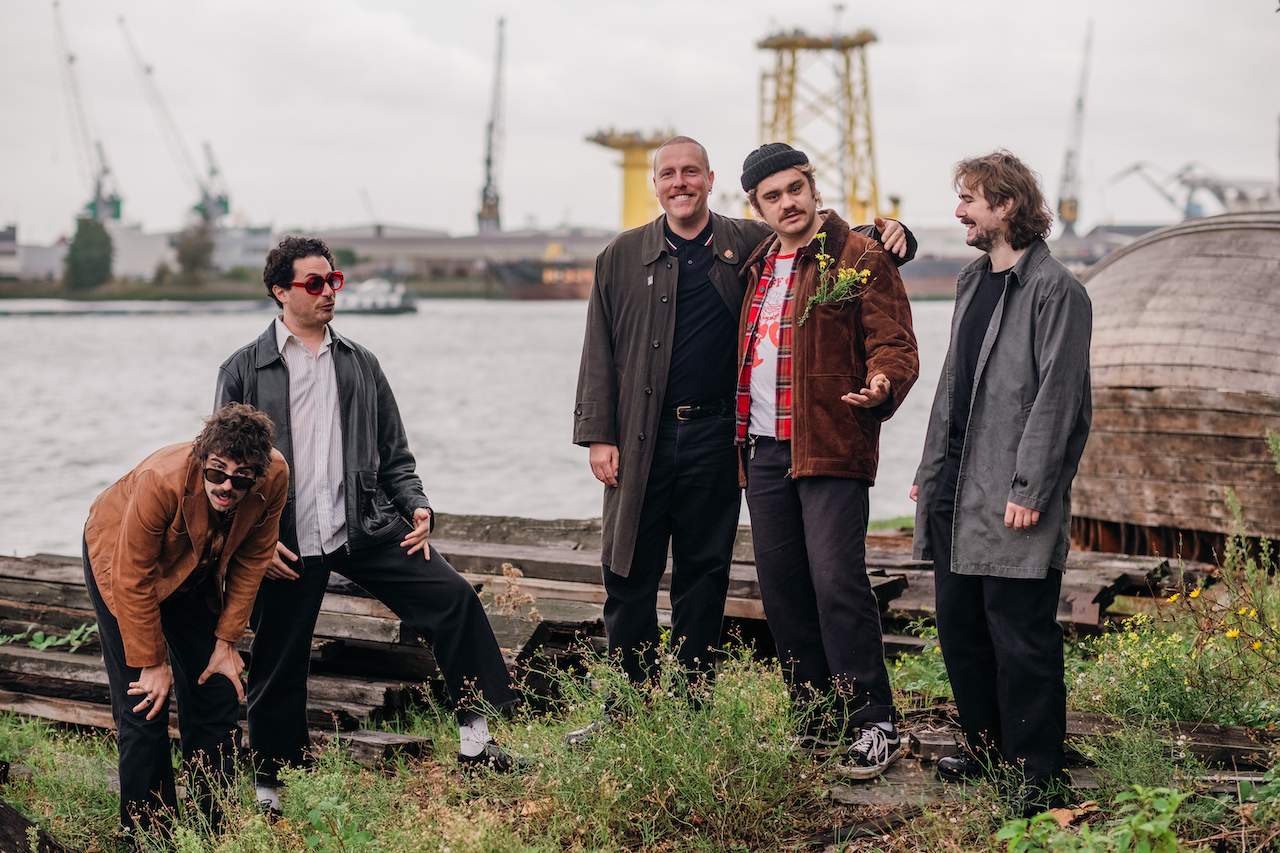
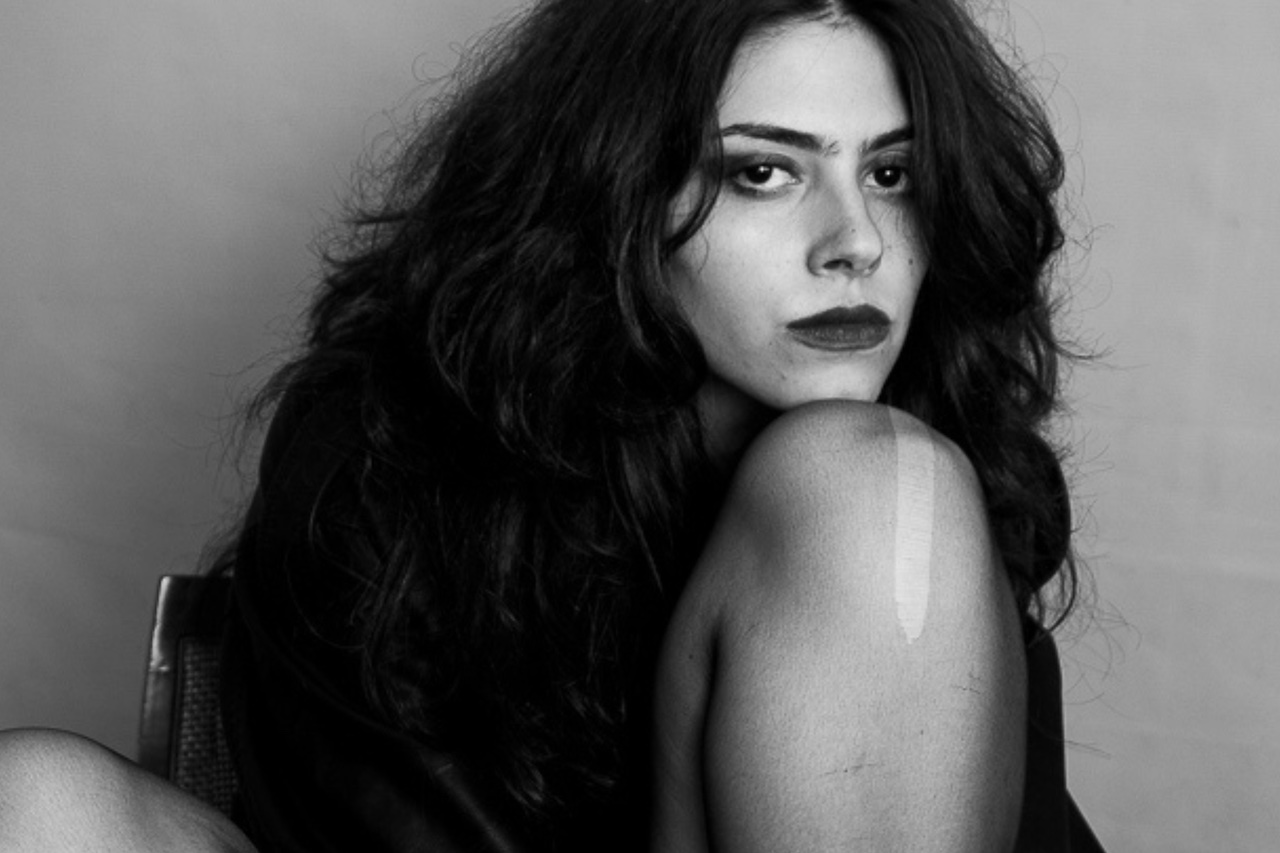
Thank you Noah xo MOM